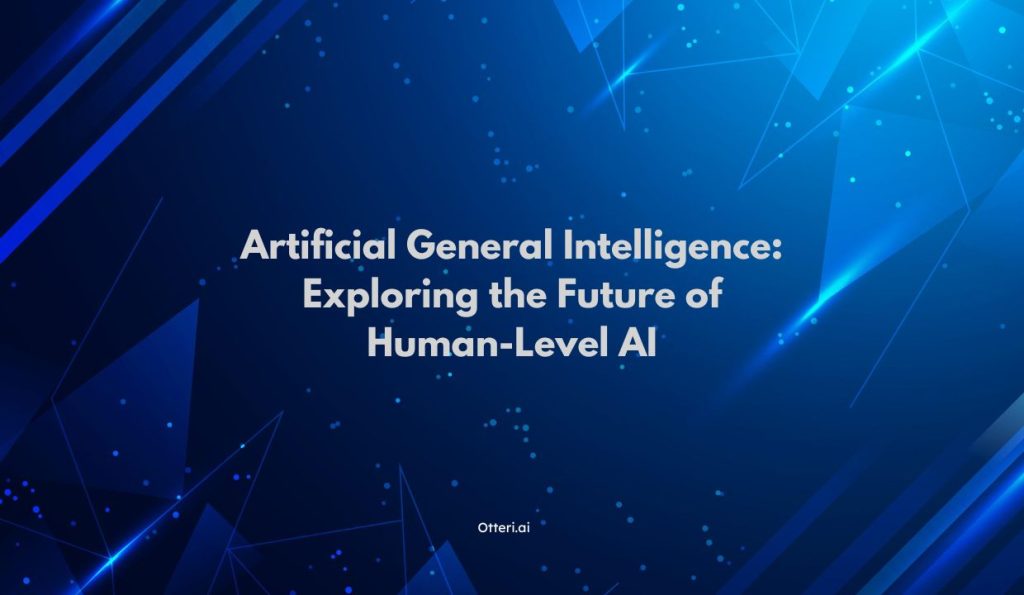
Artificial Intelligence (AI) is already part of our daily lives, from virtual assistants to smart recommendation systems. However, these are examples of Artificial Narrow Intelligence (ANI), designed for specific tasks. The next big leap is Artificial General Intelligence (AGI), which refers to AI with human-like cognitive abilities that can learn, reason, and adapt across different tasks.
This article explores AGI, its current progress, challenges, and how it could change the world.
What is Artificial General Intelligence?
AGI refers to AI that can understand, learn, and apply knowledge like humans. Unlike ANI, which is specialized for one function (e.g., image recognition), AGI can perform any intellectual task a human can do.
AI Categories
- Artificial Narrow Intelligence (ANI): AI designed for specific tasks, such as Siri or Google Translate.
- Artificial General Intelligence (AGI): AI with human-like intelligence capable of reasoning and learning.
- Artificial Superintelligence (ASI): Hypothetical AI that surpasses human intelligence in all areas.
Current Advancements in AGI
Researchers are making progress toward AGI through:
- GPT-4 and Beyond: OpenAI’s GPT-4 can perform tasks across multiple domains, showing early signs of general intelligence.
- Multimodal AI: AI models that combine text, images, and audio to improve understanding, similar to human learning.
- Neuroscience-Inspired AI: Studying the human brain to develop AI that mimics human reasoning and memory.
Challenges in Developing AGI
Building AGI comes with major challenges:
- Computational Complexity: AGI requires vast computing power and advanced algorithms.
- Ethical and Safety Concerns: Ensuring AGI aligns with human values and does not act unpredictably.
- Defining Intelligence: Measuring intelligence is difficult due to its complexity.
How AGI Will Impact the World
AGI could bring both positive and disruptive changes:
- Economy & Jobs: Automation may increase productivity but also replace many jobs.
- Scientific Breakthroughs: AGI could accelerate discoveries in medicine, space exploration, and climate science.
- Ethical Issues: Raises questions about AI rights, consciousness, and its role in society.
Preparing for an AGI Future
To ensure AGI benefits humanity, we must:
- Encourage Collaboration: Experts from AI, ethics, and law must work together.
- Create AI Regulations: Governments must establish safety guidelines.
- Educate the Public: Raising awareness about AGI’s risks and benefits.
Conclusion
Artificial General Intelligence could transform society in ways we can’t yet predict. While there are challenges, responsible development and oversight can help maximize its benefits while minimizing risks.